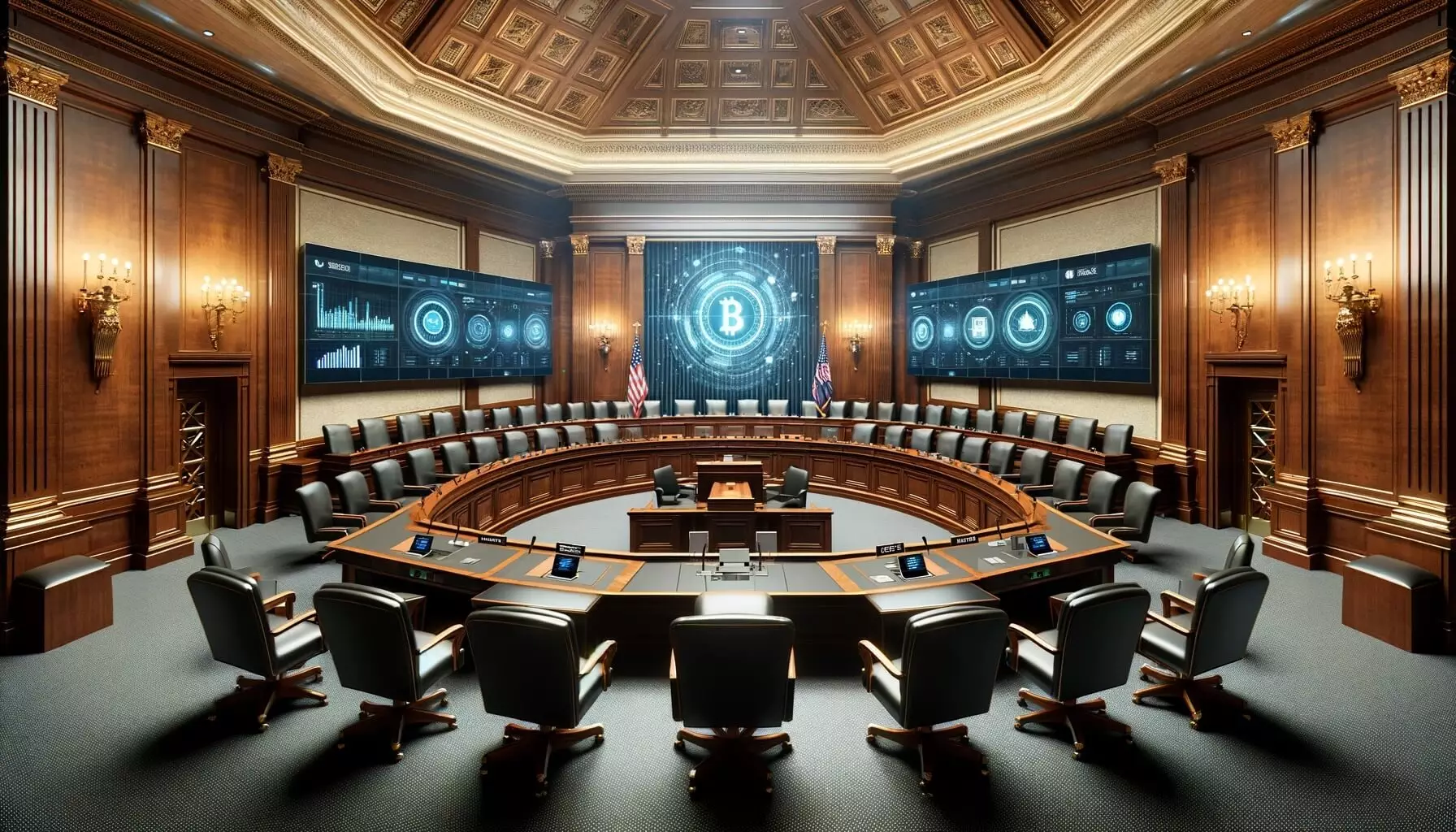Recently, the US House of Representatives made a significant decision regarding SEC Staff Accounting Bulletin 121. Despite receiving majority support for overturning SAB 121, the House failed to achieve the necessary two-thirds majority to counter President Joe Biden’s earlier veto.
It is noteworthy that several Democrats changed their stance on the issue since an earlier vote in May. Dean Phillips, Mikie Sherrill, and Marc Veasey opposed the end of SAB 121, while Jonathan Jackson, Ro Khanna, Tom Suozzi, and Shri Thanedar favored rescinding it. These changes in votes reflect the complex nature of the debate surrounding SAB 121.
Reaction to the Veto
Following the failed vote, Representative Mike Flood expressed his determination to explore other pathways to end SAB 121. Flood criticized the SEC regulation, labeling it as a hindrance to the growth of the digital financial sector. House Financial Services Committee Chairman Patrick McHenry condemned Biden’s veto, accusing the administration of prioritizing bureaucratic power over the interests of the American people.
Industry organizations, such as the Blockchain Association and the American Banking Association, have also voiced their opposition to SAB 121. The Blockchain Association declared its intention to challenge the SEC rule through Congress and the courts. The American Banking Association highlighted how SAB 121 restricts banks from offering digital asset custody at scale, limiting their ability to engage with Bitcoin ETFs and tokenization.
The debate over SEC Staff Accounting Bulletin 121 continues to unfold, with key stakeholders expressing conflicting viewpoints on the regulation. The recent House vote may have fallen short of expectations, but it has set the stage for further discussions and actions aimed at addressing the concerns raised by SAB 121. The intersection of politics, finance, and technology in this debate underscores the complexity of regulating the evolving digital asset landscape.



















Leave a Reply